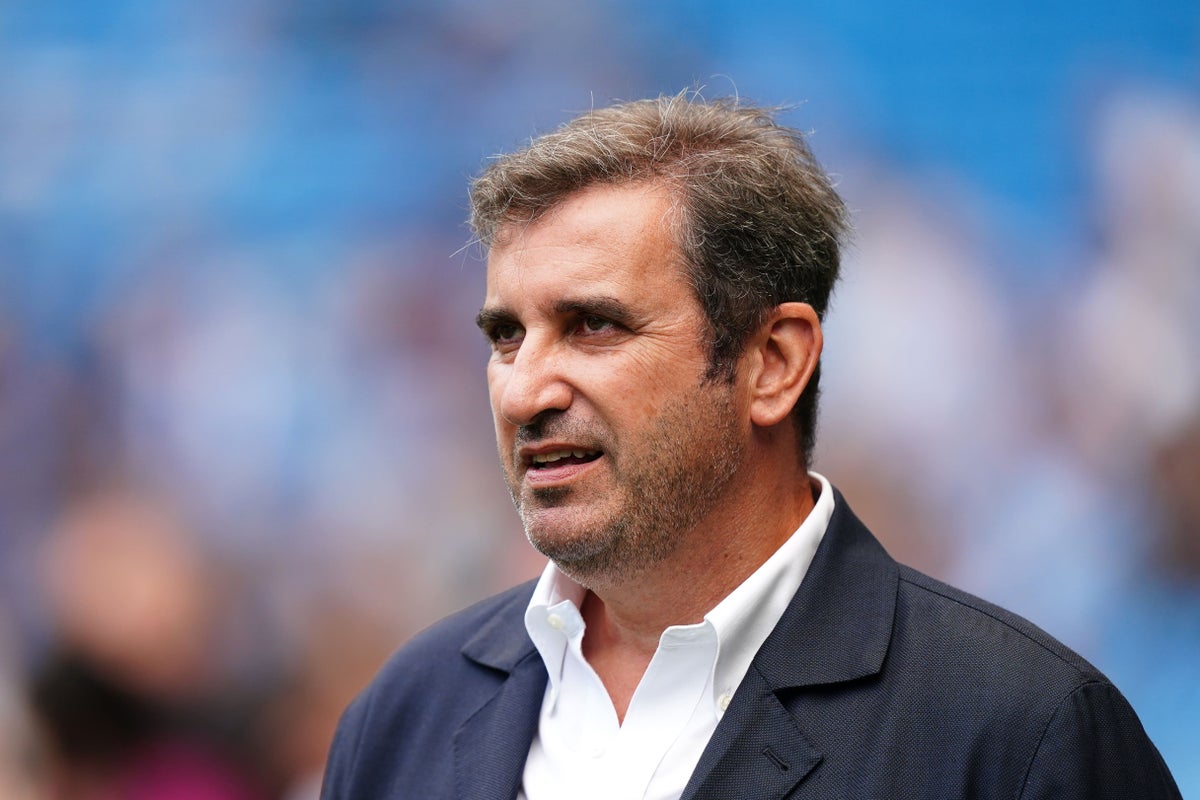

Manchester City's Chief Executive Officer, Ferran Soriano, has recently reaffirmed the club's commitment to its roots amidst its ongoing global expansion. Soriano's statements come at a time when the club is actively participating in the Club World Cup in the United States, a tournament that signifies their growing international presence.
Soriano emphasized that Manchester City's global ambitions would not overshadow its deep-seated connection to its history and local community. He highlighted the club's pride in its origins and its dedication to the fans who have supported them throughout their journey. According to Soriano, it is possible to be both locally relevant and globally influential, showcasing the club's attractive style of football to a worldwide audience.
Manchester City's journey from its humble beginnings to its current status as a global football powerhouse is a testament to its evolution and ambition. The club's roots can be traced back to 1880 in East Manchester, where it was initially known as St. Mark's West Gorton. In 1894, the club was renamed Manchester City, marking the beginning of its long and storied history.
The club's early successes included winning the FA Cup in 1904, which was a significant milestone as it was the first major title won by a Manchester team. Throughout the years, Manchester City has experienced periods of both triumph and adversity, but its connection to the local community has remained constant.
In 2008, a major turning point occurred when Sheikh Mansour took ownership of the club. This acquisition led to substantial investment in players, infrastructure, and overall club development. While the transformation has been radical, Soriano insists that the club's traditions and values will not be sacrificed in the pursuit of global recognition.
Manchester City's commitment to its roots is also evident in its community initiatives. The club actively engages with local organizations and residents through various charitable programs and outreach efforts. These initiatives aim to create a lasting positive impact on the community that has supported the club for over a century.
The club's current home, the Etihad Stadium, is located close to where the club was founded, further emphasizing its connection to its origins. The stadium serves as a symbol of Manchester City's growth and success, while also acknowledging its historical roots.
Soriano's vision for Manchester City is one of global reach combined with local relevance. He believes that the club can continue to expand its international presence while remaining true to its values and its supporters. This approach involves showcasing the club's attractive style of play to a global audience while also maintaining a strong connection to the community that has been its foundation.
Manchester City's participation in the Club World Cup is a key part of its global strategy. The tournament provides an opportunity to compete against top clubs from around the world and to showcase its brand on an international stage. While the tournament has faced some criticism regarding its scheduling and logistics, Soriano is confident in its merits and its potential to promote the globalization of football.
In conclusion, Manchester City's CEO, Ferran Soriano, has emphasized the club's dedication to its roots as it continues to expand its global footprint. The club's history, community engagement, and commitment to its values remain integral to its identity, even as it strives to become a leading force in international football.